Who are the Cypriots? Where did they come from? What are the specifics of their gene pool?
The science of genetics and hereditary diseases has always been one of the most interesting aspects of Medicine and Biology, as it gives us a better understanding of ourselves and it is also a practical value for human welfare.
After many years of study, Professor Constantinos Deltas published in 2014 the very interesting and detailed book, "The Genetic Heritage of Cypriots Through Special Topics of Genetics".

The book focuses on the specifics of the gene pool of the Greek Cypriots, taking into account both the contemporary literature on some hereditary diseases, as well as locally endemic mutations phenomena primarily in Cyprus, but also in mainland Greece and Crete. The book is addressed to specialists of genetics but also to all who wish to learn about the modern advancements in the diagnosis and treatment of hereditary diseases and for the particular expressions locally diseases such as thalassemias and cystic fibrosis. Research has documented that the many foreigners who passed from Cyprus, not only left behind their culture and castles, but also their genes that together with other factors formed the Cypriot gene pool.
We asked Prof. Deltas to shade some light on:
• Who were the first inhabitants of Cyprus?
• Who were the first Cypriots and from where did they come from?
• How Greeks are the Cypriots from genetics perspective?
• How important is our DNA in our development as humans?
• What are the special genetics?
Lastly we asked him, what drived him and how hard was to collect all these information and write the book “The Genetic Heritage of Cypriots Through Special Topics of Genetics”
The first Cypriots came from the Near/Middle East and Asia Minor, more than 12,000 years ago. This is supported by history/archaeology and by genetics studies.
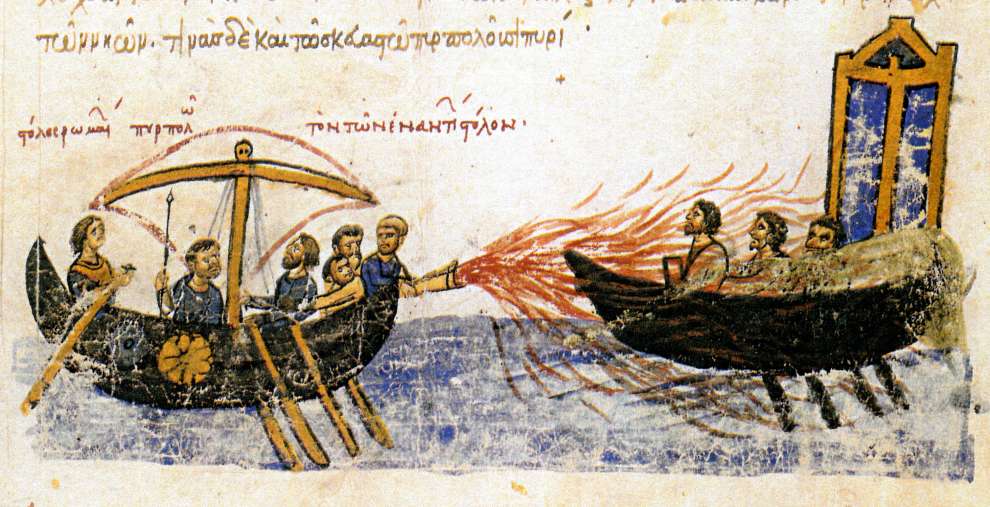
According to studies we published recently, based on the examination of more than 600 males from all over Cyprus, including the occupied areas, the Greek genetic contribution is not more than 15-20% at the most.
Our DNA is always important but not the only element that makes us what we are as humans. We feel Greek, not because of our DNA but because of our education and history. When Achaeans visited Cyprus they were a small minority that integrated the local communities in a pacific manner. Apparently their culture and knowledge, made them perceived as an elite, which dominated over other civilizations, resulting in you and I raised as Greeks.
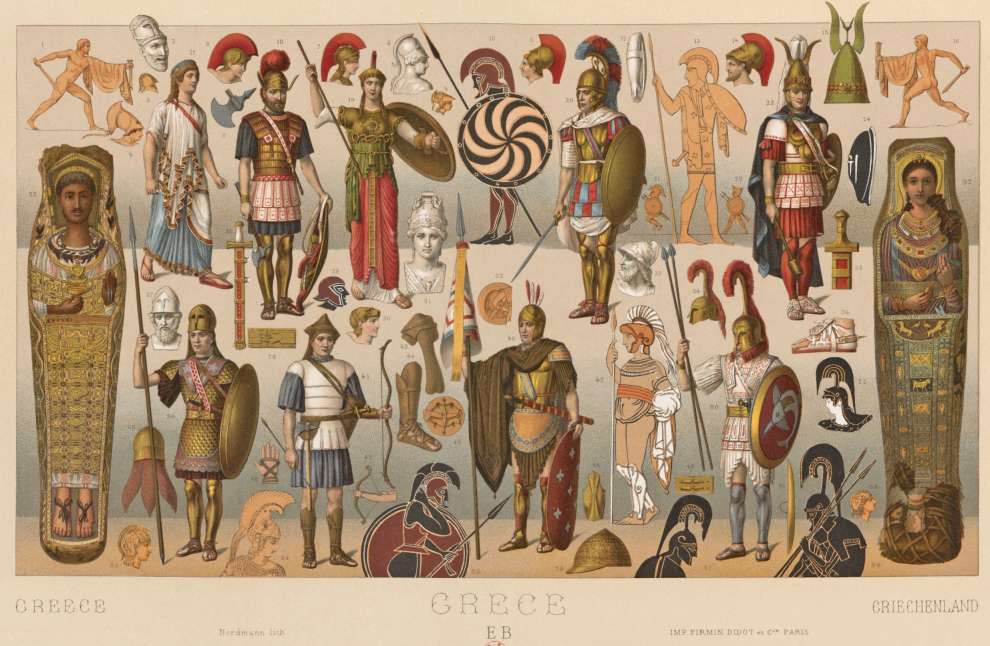
The special genetics refer to the interesting findings that are unique to Cyprus. I describe diseases and mutations (genetic defects) that have much higher frequency among Cypriots compared to other populations, founder mutations that are responsible for high numbers of patients in geographic isolates. In a purely scientific approach, I describe mutations that most probably are the result of gene flow, having been introduced to the Cypriot gene pool from foreign visitors, with specific examples. I explain why some conditions are more frequent than others and I also make reference to conditions that are much rarer in Cyprus or even non-existent compared to other populations in Europe. The Cypriot genetics are very interesting and offer itself to further studies in the search for genes responsible for rare conditions or even for DNA variants that may be responsible for more frequent disorders of the kidneys, the heart or even cancers. To unravel these mysteries and assist in the global effort for new treatments and precision medicine, we need to enhance the funding of research in Cyprus, both from within, by increasing funding by the Cyprus Research Promotion Foundation (which is at very low levels currently) and by reaching out to European and other sources.
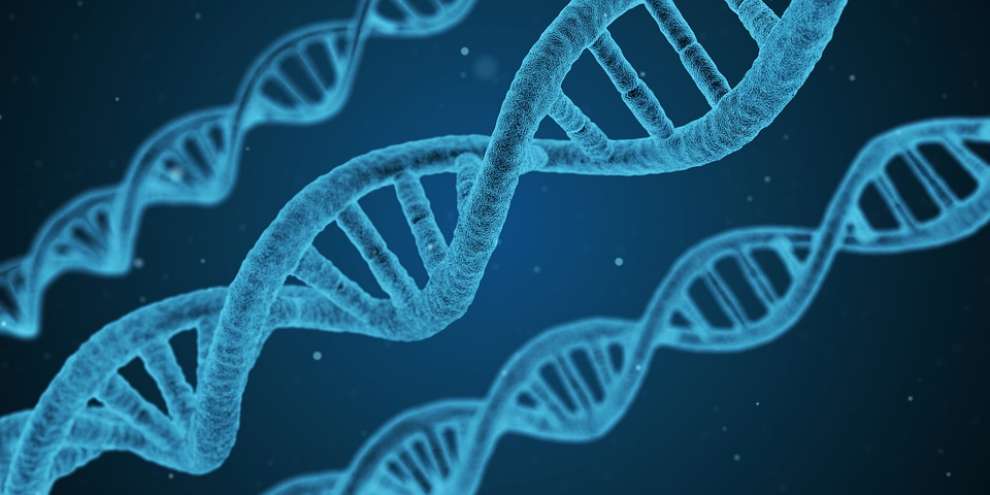
Well! I have been operating as a researcher and academician in Cyprus for the past nearly 26 years, first at the Cyprus Institute of Neurology and Genetics and then at the University of Cyprus, since 2002. My many colleagues and I have been studying the genetics and the inherited conditions of Cypriots with a great interest in the science and the medical conditions, aimed at better diagnosis and treatments. Our contribution has been instrumental in multiple occasions, as evidenced by the impact on the patients communities and by the publications in international journals.
The book came as a natural evolution of my activity and behaviour as an academician and educator. A large part of the material in the book was discovered and described by my group and therefore it was easier to organize and include in the book. In order to be complete and also be useful to the future scientists, medical doctors and researchers, I decided to include also the work discovered and published by other research groups in Cyprus. Considering that I am very active in laboratory research and the related responsibilities, which means teaching, administering, writing grant applications and research publications, it took me a few years to complete it and publish it. It is a book I am very proud of as I included also many historical events that shaped the genetics research community in Cyprus, having added a personal account. 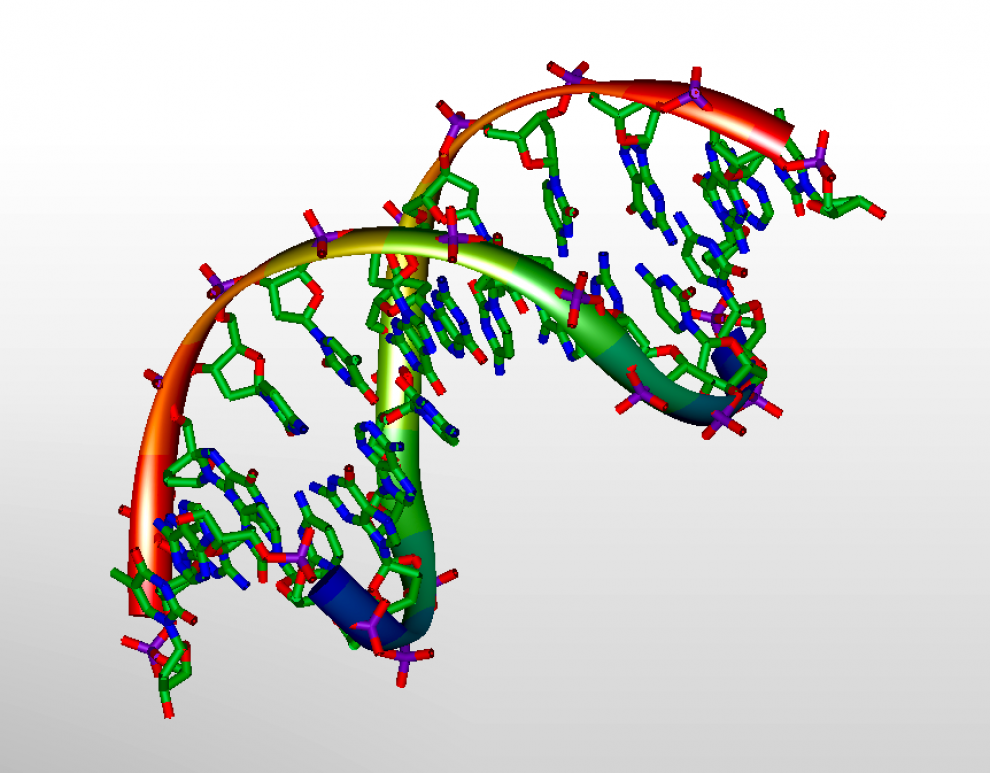
A few words about the writer: Prof. Constantinos Deltas, is an internationally reputed scientist and an expert in the field of Molecular Medicine as applied to Human Medical Genetics research and applied Molecular Diagnostics, is presently working as Professor of Genetics in the Department of Biological Sciences, University of Cyprus and the Head of the Laboratory of Molecular and Medical Genetics. Prof. Deltas is also the Director of the Molecular Medicine Research Center.

 English
English
 Ελληνικά
Ελληνικά Русский
Русский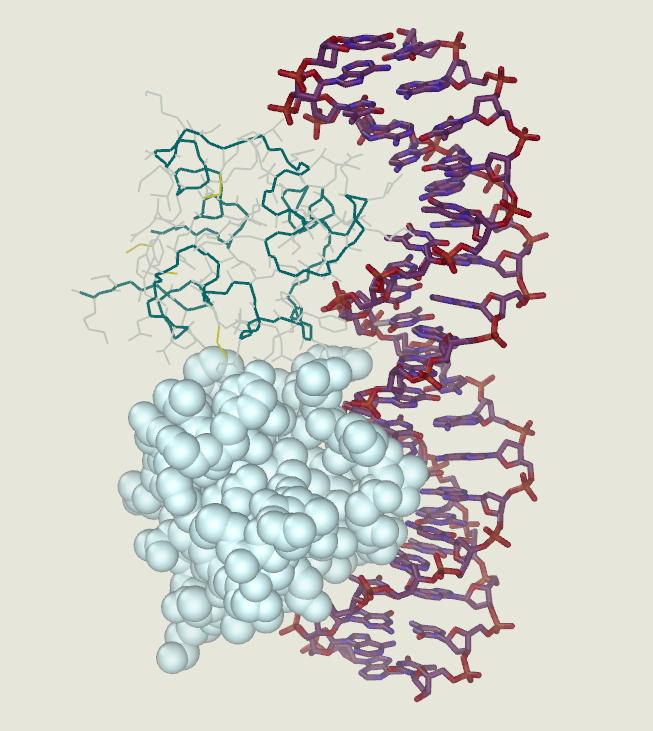
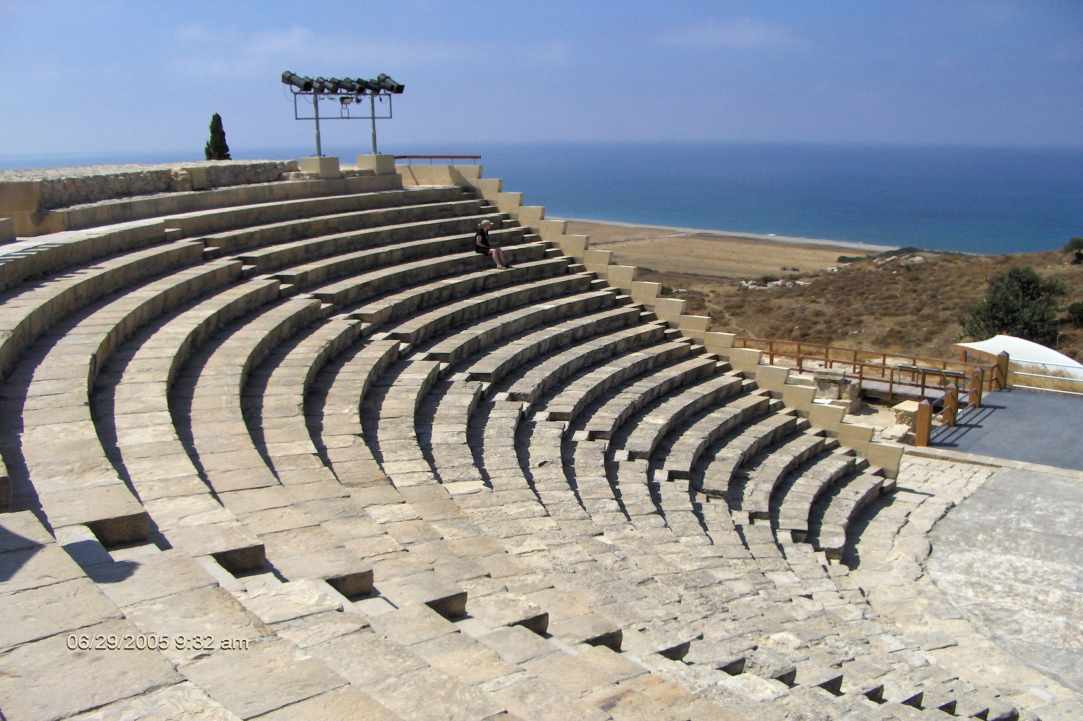
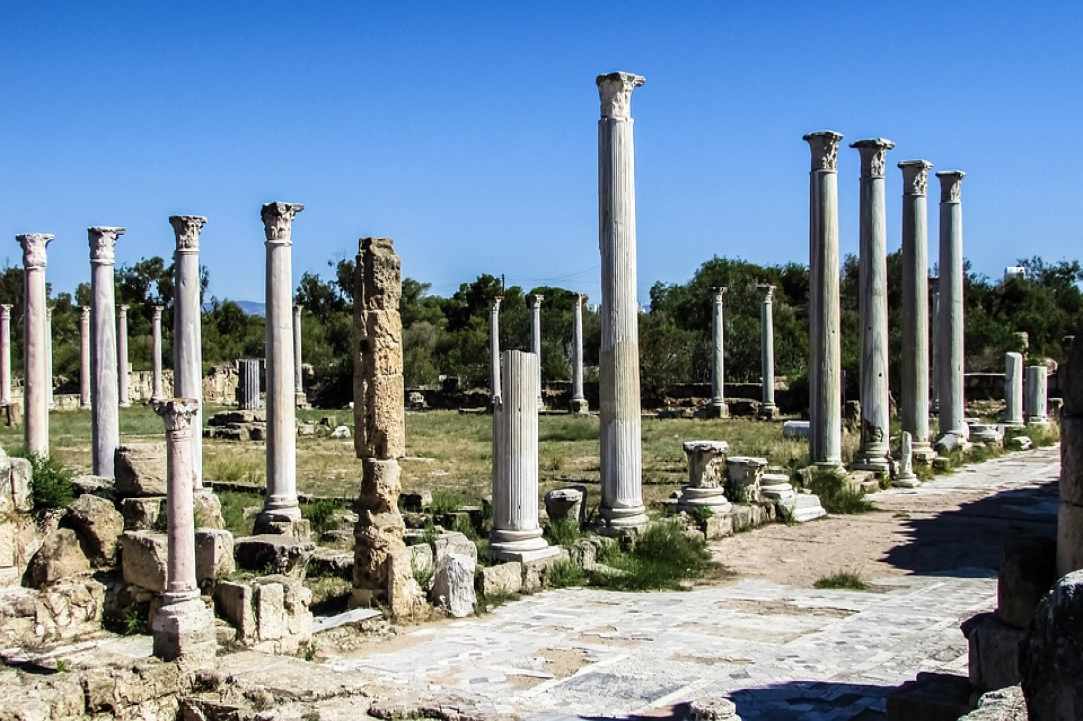
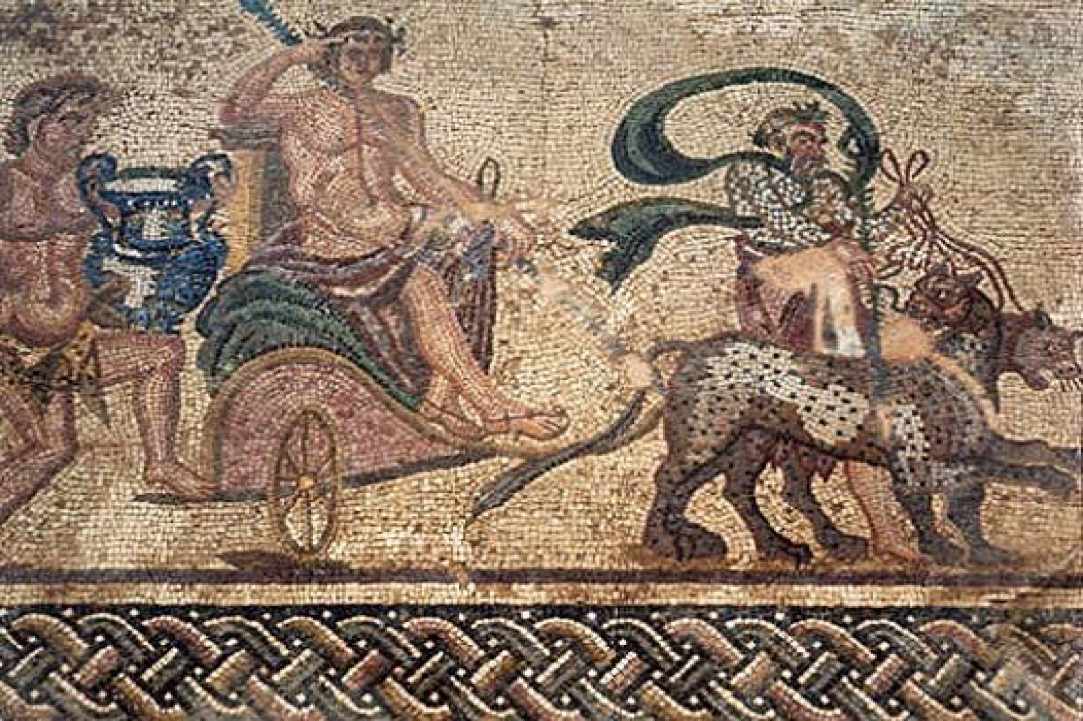


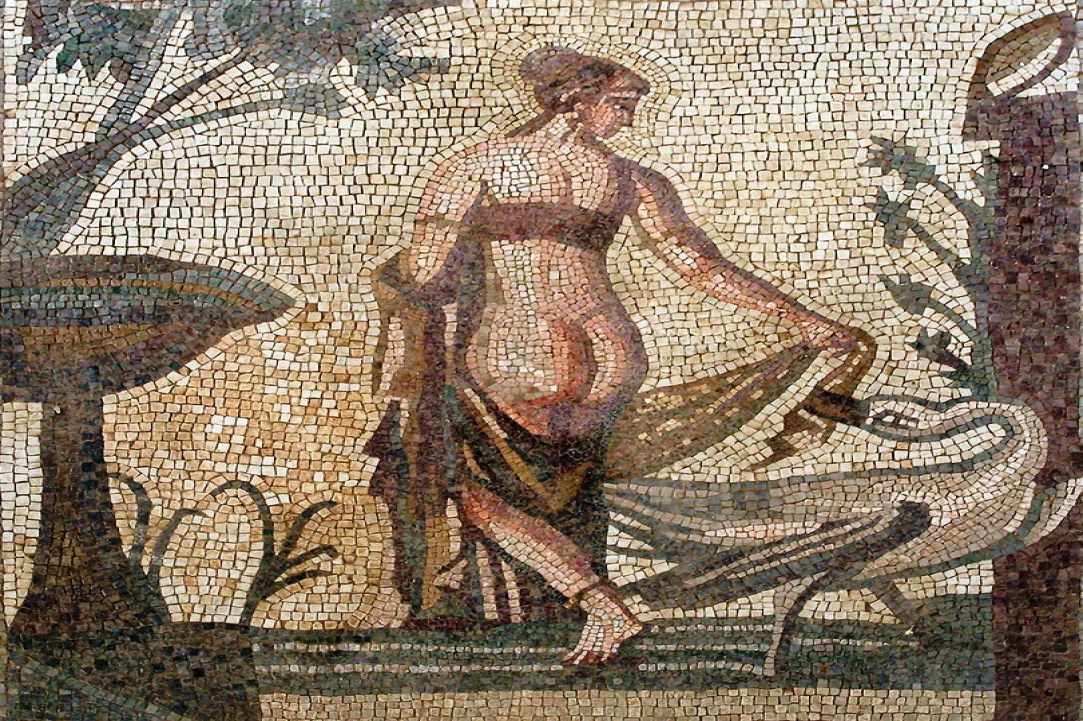
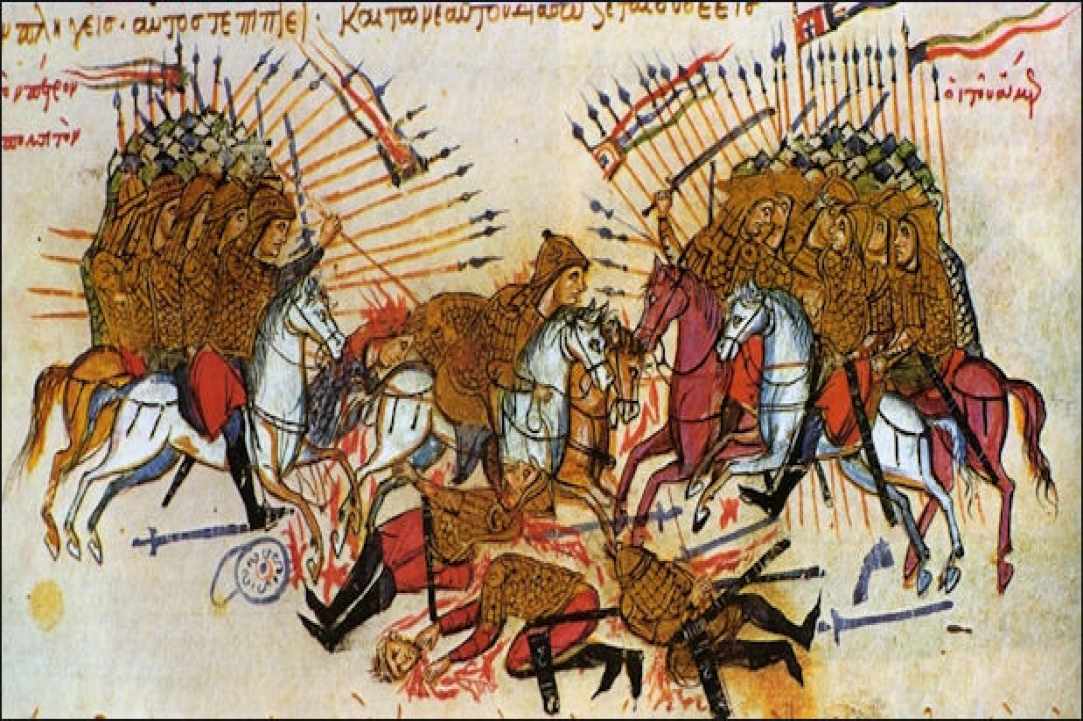



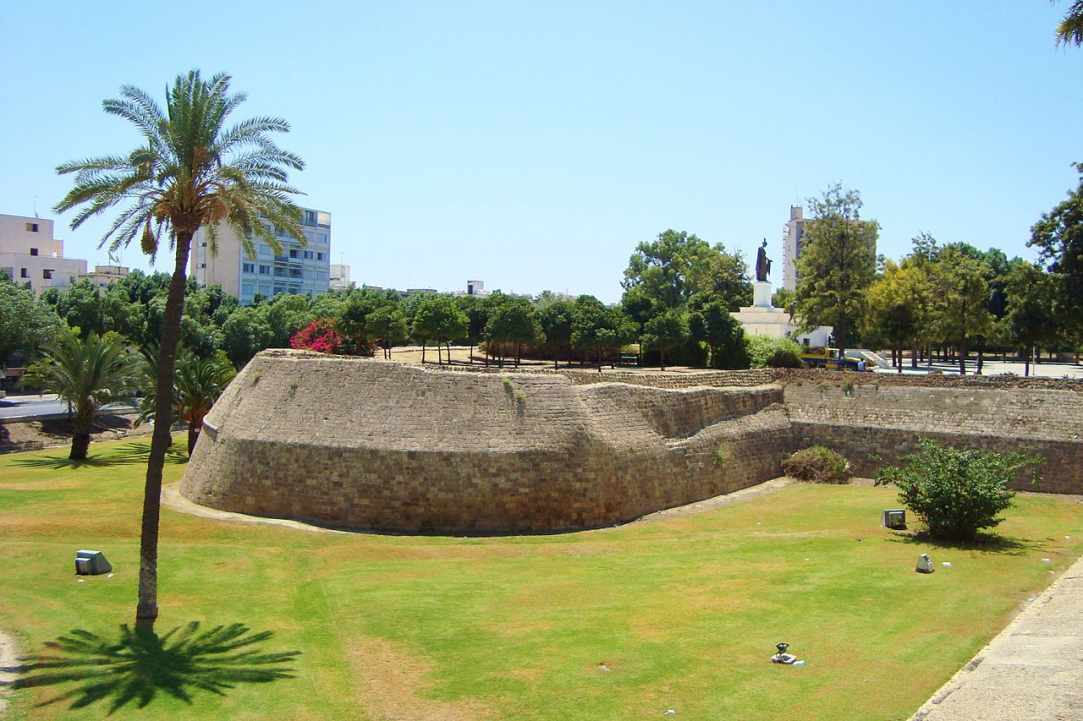
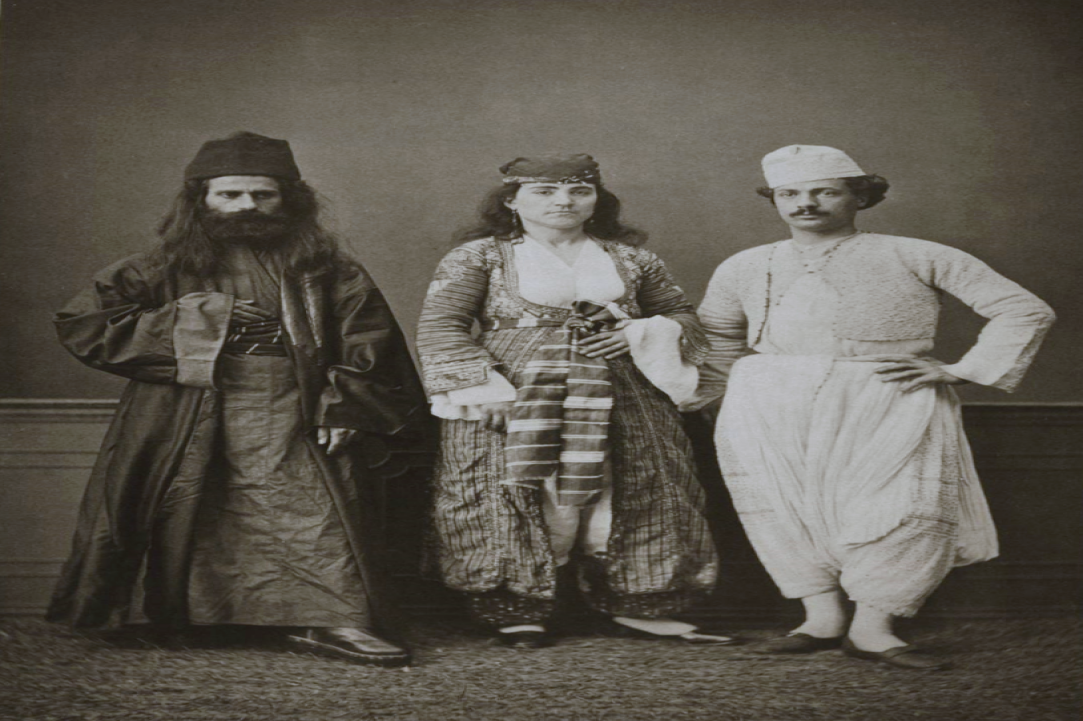
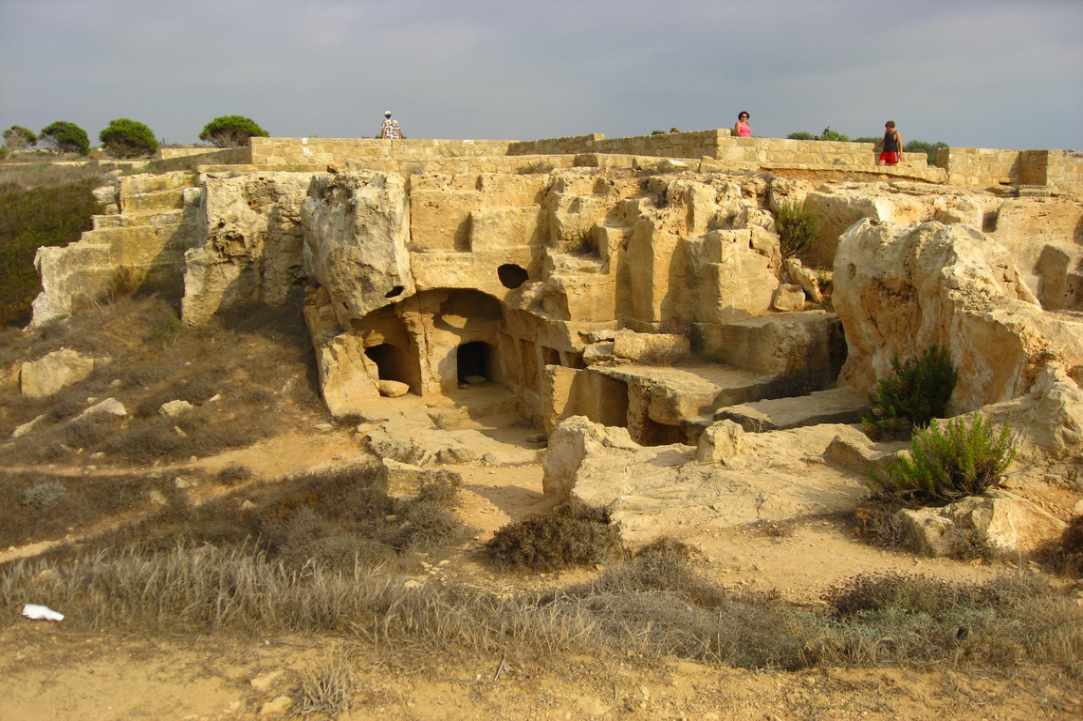



 Posted by
Xenia Economidou
Posted by
Xenia Economidou






